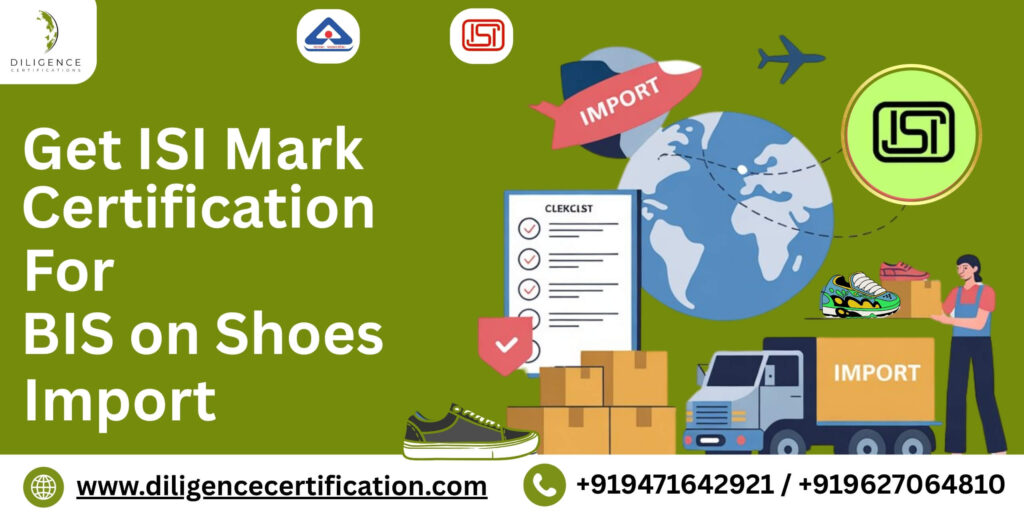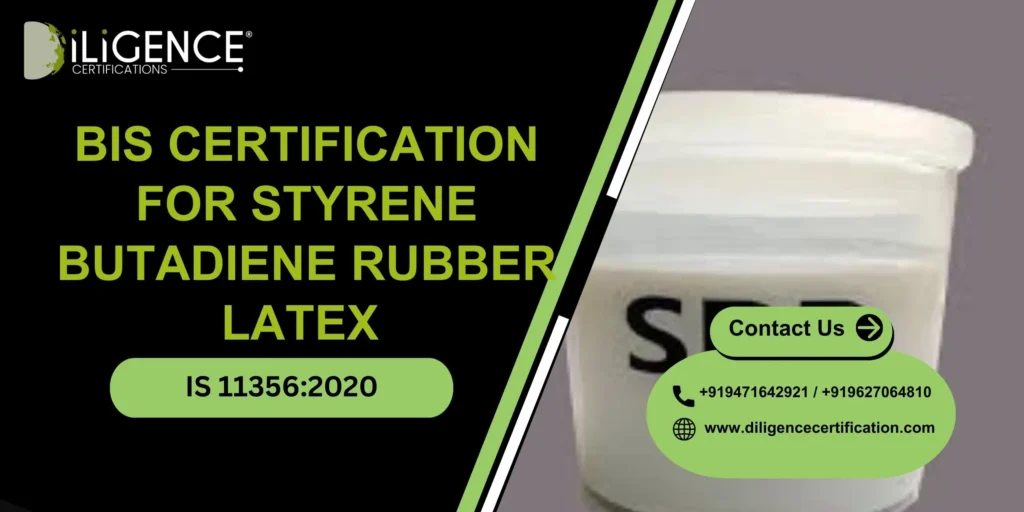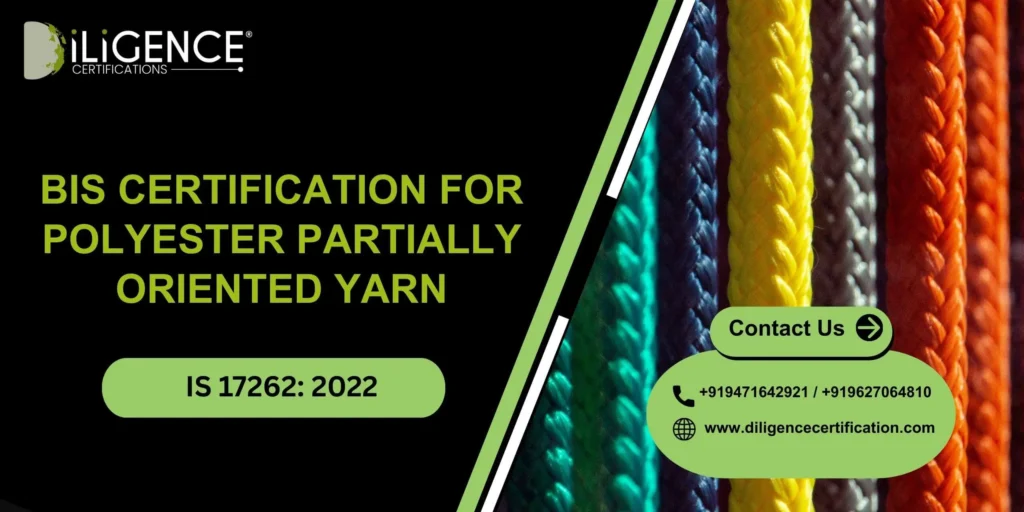- BIS on shoes import is a mandatory compliance standard under Indian law for both domestic and foreign manufacturers.
- Indian importers and global shoe brands must comply with BIS certification for shoes before clearance.
- The BIS certificate requirement covers ISI standards, FMCS routes, and specific product testing protocols.
Introduction
Just last year, a Mumbai-based importer faced a shocking situation. His container of premium Italian-made men’s leather shoes was stuck at Nhava Sheva port, blocked by customs for lacking a BIS certification. Despite having shipped the same brand for years, he was told that the Bureau of Indian Standards had made BIS certification for shoes imports mandatory under the new Quality Control Orders (QCO). Overnight, lakhs of rupees were locked in port demurrage.
It was only after hiring a compliance consultant and paying a hefty penalty that his consignment was released. The experience left him vowing never again to ignore BIS on shoes import, a rule that is reshaping India’s entire shoe supply chain.
This article explains why BIS on shoes import is critical, how you can get approval, what documents you need, costs, benefits, types of standards involved, and the entire certification process in practical Indian language — no jargon, no fluff.
Why BIS Certification for shoes Matters for Shoe Imports?
“BIS approval is a guarantee of quality, safety, and trust in a globalised supply chain.”
The purpose of BIS Certification is to look after Indian consumers and keep substandard, cheap goods from reaching their market. Regarding shoes, BIS certification implies that your imported goods meet IS (Indian Standards) standards in terms like chemical safety, durability, structural integrity, and even environmental impact of the materials used.
Whether you import budget school shoes or premium designer pairs, BIS Certification ensures the Indian consumer is protected from hazardous or low-quality goods. Think of it like FSSAI for food or BIS hallmarking for gold — the same stamp of confidence, now on shoes.
Benefits of BIS on Shoes Import
- Market Trust: BIS certification shows your brand values quality.
- Legal Compliance: Avoid port demurrage, customs seizure, and penalties.
- Competitive Edge: Many tenders or B2B contracts now ask for BIS-certified products.
- Consumer Safety: No harmful chemicals or dangerous stitching that might cause injury.
- Brand Reputation: BIS-approved shoes are perceived as premium.
In simpler terms, a BIS certificate for shoe imports is no longer an option — it is a necessity.
What is BIS on Shoes Import?
BIS certification on import of shoes stands for the mandatory product certification under the Bureau of Indian Standards. The Government of India has therefore called for compulsory compliance of all imported shoes with the designated IS standards, with structural, chemical, and performance testing as must.
BIS certification issues a Standard Mark (informally called the ISI mark) or approval under FMCS (Foreign Manufacturers Certification Scheme) to overseas factories. Only after this can your consignment be cleared from Indian ports.
Types of BIS Certification for Shoes Import

- ISI Mark Certification
Indian manufacturers or licensed importers use this to apply for the ISI Mark on shoes after testing by a BIS-recognized laboratory. - FMCS (Foreign Manufacturers Certification Scheme)
Foreign factories that ship shoes to India must apply through the FMCS route. A BIS inspector visits the foreign site, tests samples, and issues certification. - Simplified Registration Scheme (SRS)
Rarely applied for shoe imports, but relevant if you are importing components or certain accessory parts.
In practice, most Indian importers work with their overseas suppliers under FMCS or an ISI licence.
IS Standards for Shoes
Here are the IS codes applicable to shoe imports. BIS has made them binding via Quality Control Orders:
- IS 15298 (Part 1 to 4): Safety shoes and protective shoes
Covers requirements for slip resistance, impact resistance, upper material durability, and sole bonding. - IS 3735: Canvas shoes
Sets standards for canvas-type shoes imported in bulk, especially for school uniforms. - IS 5676: Rubber-soled shoes
Addresses bonding strength, resistance to flexing, and wear resistance of rubber soles. - IS 5784: Leather shoes
Establishes tanning quality, chromium content, tear resistance, and environmental aspects. - IS 6664: Plastic footwear components
Often applies if you import shoe parts separately for final assembly.
Each IS standard has a set of testing parameters, from pH value to stitching tensile strength. BIS-certification labs, usually NABL-accredited, conduct these tests before the certification is issued.
Why Quality Control Orders Matter
The implementation of QCOs in the footwear sector is part of India’s broader strategy to ensure product quality, enhance consumer safety, and reduce the influx of poor-quality imports. It also supports the Make in India initiative by encouraging local manufacturers to adopt high standards. For businesses—whether they are importers, global brands, or Indian manufacturers—compliance with the QCO is not optional but a regulatory obligation under the BIS Act, 2016.
Documents Required for BIS Certification for Shoes
For Indian Manufacturers:
- Factory layout & process flow chart
- Manufacturing license
- In-house testing facility details
- Brand name registration
- Authorized signatory ID & photo
For Foreign Manufacturers:
- Valid ISO 9001 Certificate
- Test reports from ISO/IEC 17025-accredited lab
- Nomination letter for Indian AIR
- Legal manufacturing agreement (if applicable)
Why Is BIS Certification Mandatory for Shoes Import?

- Protects Indian consumers from poor-quality imports
- Standardises product testing and quality
- Mandatory for customs clearance
Here’s why it matters:
- Legal Requirement
Importing shoes without a BIS license is illegal. Customs authorities seize non-compliant shipments. - Consumer Trust
ISI-marked footwear assures buyers that the product has passed Indian safety and quality checks. - Fair Market Play
Ensures foreign brands don’t undercut Indian manufacturers by flooding the market with sub-par goods.
Which Types of Shoes Required BIS Certification?
BIS Certification, these categories require certification:
- Leather shoes
- PVC or PU footwear
- Sports and casual shoes
- Safety shoes
- Sandals and chappals
- Rubber footwear
- Canvas shoes
Process to Get BIS Approval for Shoes Import
Here’s a concise roadmap Indian importers can follow:
- Identify the IS code applicable to your shoe category.
- Collect the documents and test reports.
- Apply to BIS through their online portal or an authorised agent.
- Arrange for sample testing.
- Schedule a factory or warehouse inspection if importing under FMCS.
- Wait for approval and BIS license number.
- Affix the ISI mark on the shipment.
- File the clearance paperwork with Indian Customs.
Most importers also take the help of compliance consultants to speed things up.

Cost and Validity of BIS Certification for Shoes
Costs typically include:
- Application fees: Usually ₹50,000–₹1 lakh depending on product complexity.
- Testing fees: ₹25,000–₹60,000 per model.
- Inspection & travel for FMCS: Variable, especially if the factory is in Europe or China.
- Renewal fees: Validity is normally two years, after which a renewal is mandatory.
In total, budgeting around ₹2–3 lakh per product line is realistic.
Eligibility and Who Needs BIS for Shoes Imports
If you import finished shoes into India, you need BIS. Whether you are a:
- Large brand distributor (like Puma India)
- Private label sourcing shoes from Vietnam
- Small online store owner on Amazon India
BIS is mandatory. However, components like buckles or laces may fall under different codes if imported separately.
Benefits for Indian Consumers and Brands
BIS compliance protects buyers from dangerous shoes with toxic dyes, poor adhesives, or defective soles. Think of children’s school shoes falling apart, or industrial safety shoes failing during an accident — BIS certification for shoes aims to eliminate such risks.
For importers, it means fewer disputes, higher confidence from customers, and easier bank financing.
“Just like a BIS hallmark on gold builds trust, the ISI mark on shoes will now build trust for importers.”
- Domestic Manufacturers: Obtain BIS certification through the ISI Mark license. – They shall comply with IS standards, maintain their own quality systems, and be periodically inspected by BIS.
- Foreign manufacturers: Must apply and get accredited under FMCS (Foreign Manufacturers Certification Scheme), which entails a BIS audit of the foreign factory, testing of samples, and certification prior to carrying out exports into India.
Both schemes ensure that imported shoes meet the minimum standards laid down under Indian law for their quality, safety, and durability.
Conclusion
The present-day situations of regulators, the twisting maze of BIS on shoe imports is no longer about checking boxes, staying on the cutting edge of brand reputation, and lastly, establishing consumer trust in the Indian markets.
The government’s stance is clear: No ISI mark, no market entry. Whether you’re shipping high-end Italian loafers, athletic footwear from Vietnam, or leather safety boots from China, compliance is your gateway.
At Diligence Certifications, we understand the stakes. We’ve worked with hundreds of importers and manufacturers across Asia, Europe, and North America—helping them decode complex BIS certification for shoes regulations, expedite testing, and avoid costly shipment holds at Indian ports.
Unlike cookie-cutter consultants, we provide hands-on support. From preparing your factory for audits, selecting accredited labs, or handling FMCS Mark licensing for foreign brands—we become your long-term BIS compliance partner.
For deeper compliance help, check out Diligence Certifications BIS Certification Service — our team can guide you from application to final approval.
Frequently Asked Questions (FAQs)
Q1. Is BIS certification mandatory for all imported shoes?
Yes, under the QCO orders, all finished shoes entering India must carry a valid BIS certificate.
Q2. What happens if I import shoes without BIS approval?
Indian Customs will block your shipment, levy penalties, and may even destroy non-compliant stock.
Q3. Is FMCS mandatory for foreign shoe brands?
If your factory is overseas, you must apply under FMCS to get a BIS license for exporting to India.
Q4. How long does BIS approval for shoes take?
Generally 30–60 days, including testing and inspection.
Q5. Are children’s shoes included in BIS certification?
Yes, all age groups and all styles of shoes are covered.
Q6. Can I get BIS after shipment arrives in India?
Technically, no — you must have BIS before customs clearance.
Q7. Does BIS cover shoe components too?
Some components like soles or buckles have separate IS codes and may require certification if imported for assembly.
Q8. What documents do I need for BIS on shoes import?
Application form, test reports, quality manuals, and factory inspection reports.
Q9. What is the validity of BIS certification for shoes?
Generally two years, with a renewal process every cycle.
Q10. Is there a simplified BIS process for small importers?
Not for finished shoes — FMCS or ISI routes apply regardless of scale.



 BIS Certification
BIS Certification
 CDSCO
CDSCO
 CPCB
CPCB
 LMPC
LMPC
 WPC Approval
WPC Approval
 Global Approvals
Global Approvals
 TEC
TEC
 ARAI
ARAI
 BEE
BEE
 ISO Certification
ISO Certification
 Drone Registration
Drone Registration
 NOC For Steel
NOC For Steel



















 Business Registration
Business Registration














 Legal Services
Legal Services
 Trademark Registration
Trademark Registration
 Copyright Registration
Copyright Registration
 Patent Registration
Patent Registration

















































